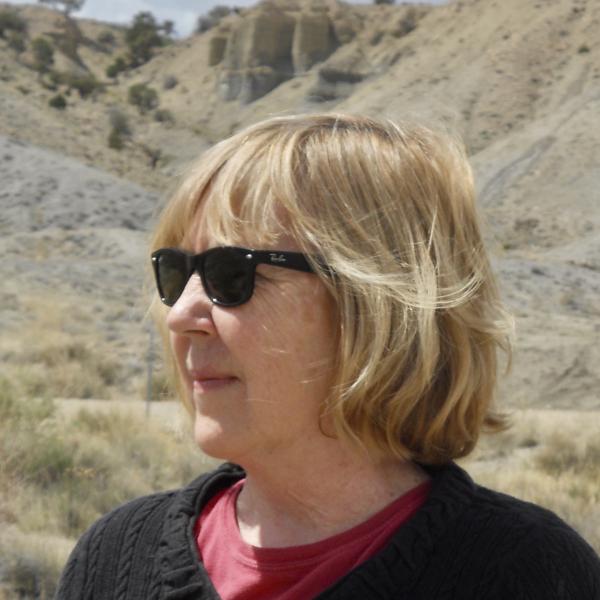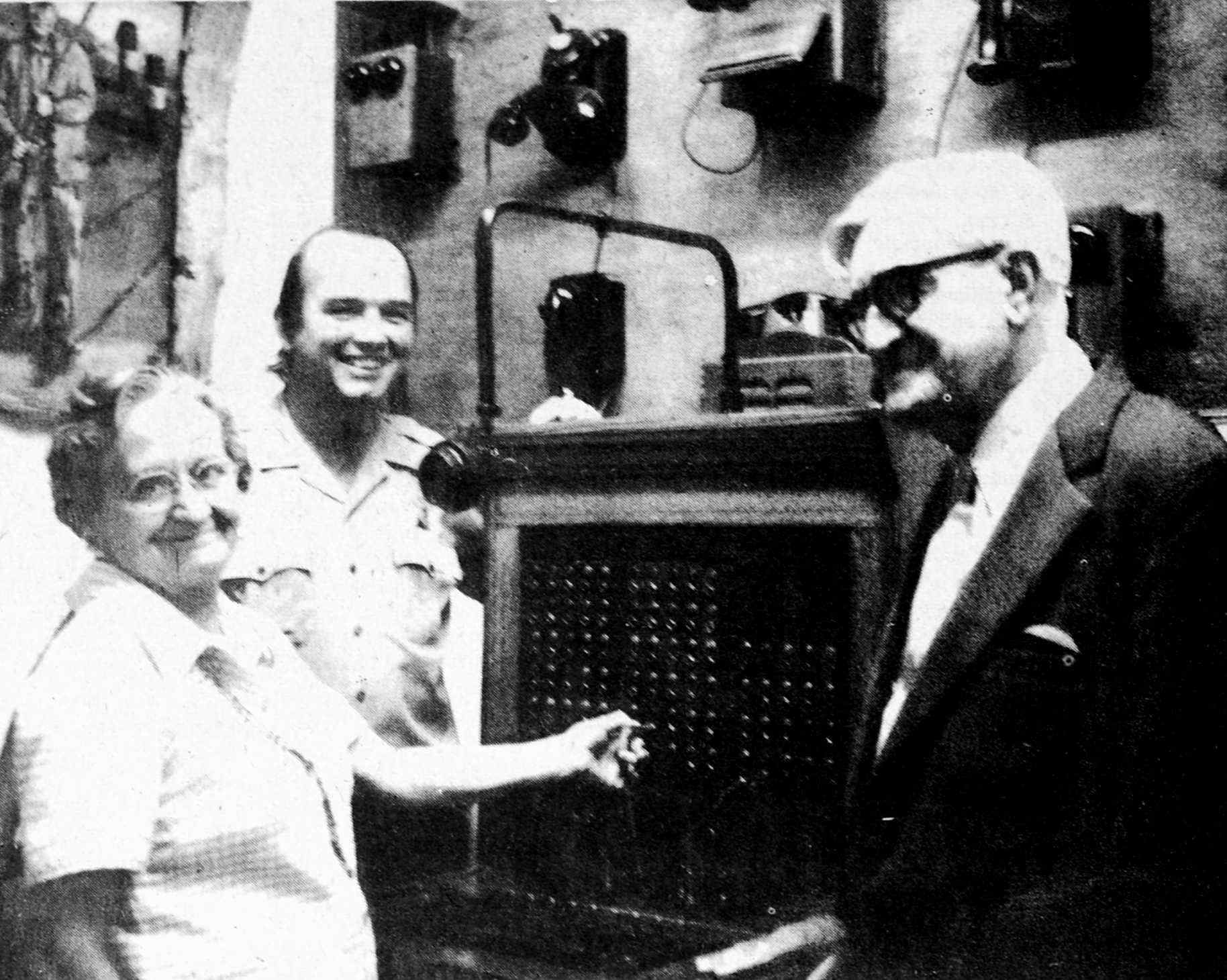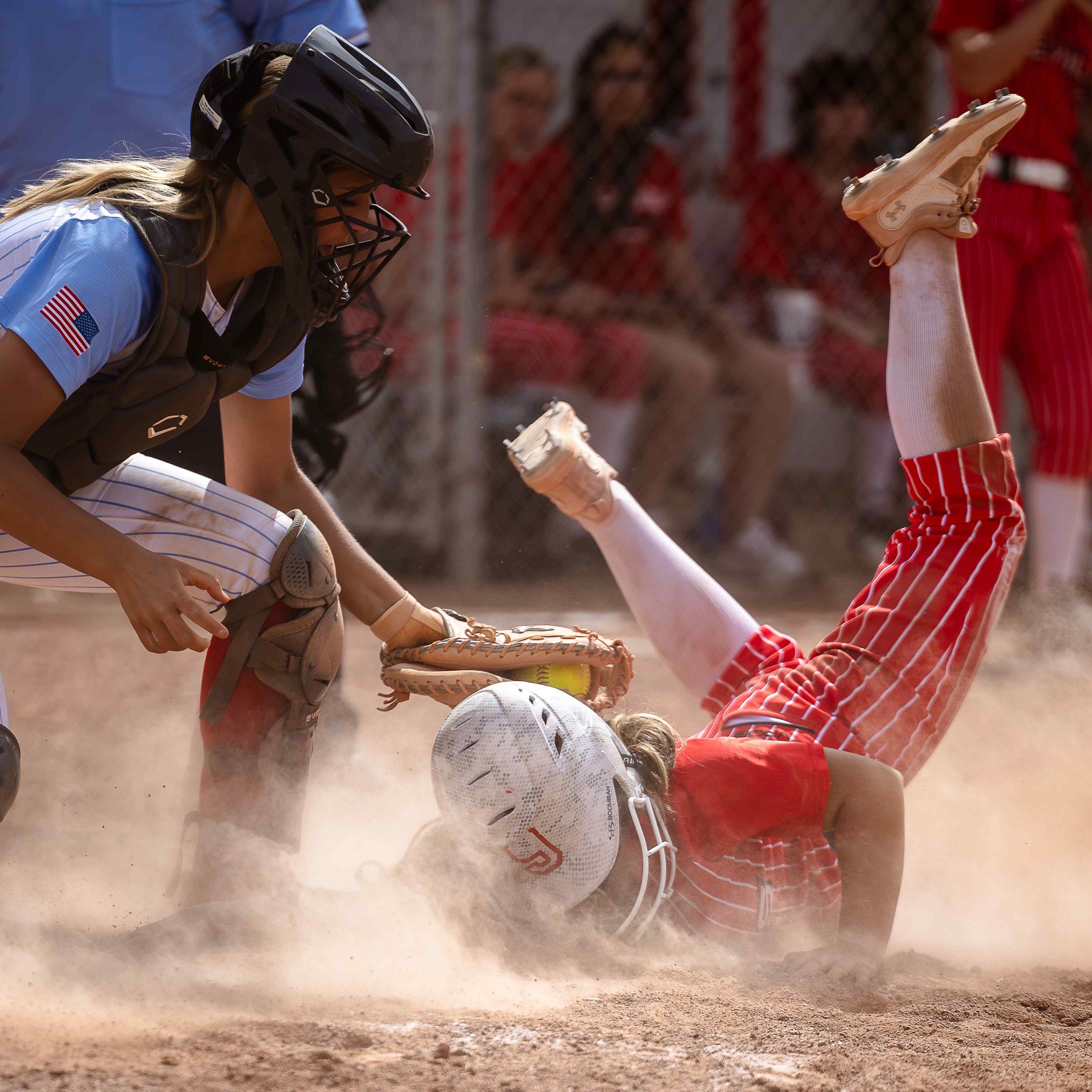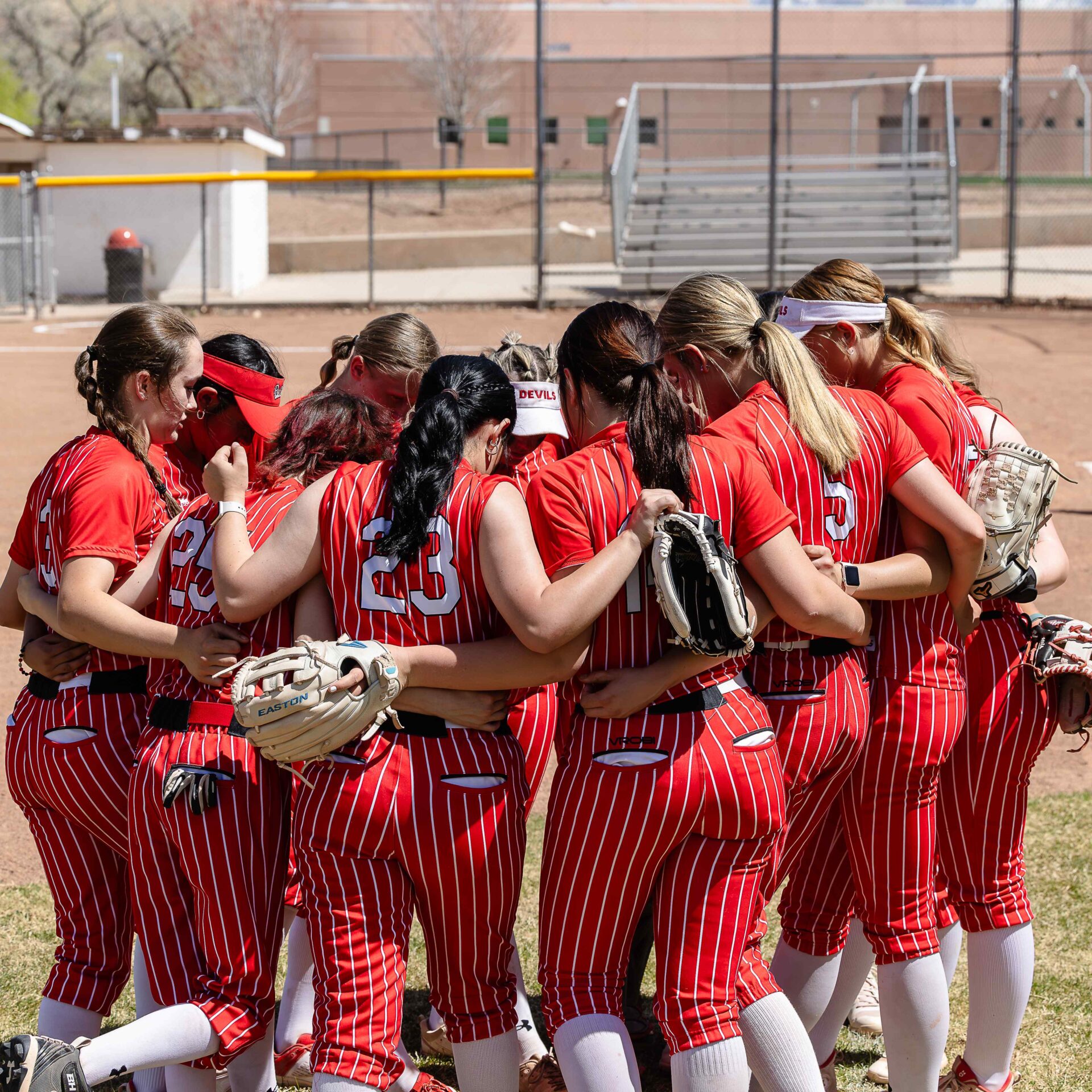Nancy Takacs discovered her knack for writing poetry when she took a creative writing class in college at Jersey City State College. She went to college as a watercolor painter and avid songwriter and was first exposed to poetry in the writing class. Her one poetry assignment was semi-rushed, she said, and she was most concerned about her grade, rather than the depth of her poetry. But her professor saw something in the poems: she invited Takacs to pursue an independent study of advanced contemporary poetry.
“What I found about writing poetry is that it was very freeing,” Takacs said. “And it made me a little bit more grounded in knowing what I wanted to do with my life. I always thought that poetry changed me quite a bit as the years went on—I’ve become more observant, and acquired a need for the natural world.”
She went on to earn a Master’s degree in poetry from the University of Iowa.
On Thursday, May 5, Takacs will read from her newly published poetry collection, “Dearest Water,” at the Grand County Library at 7 p.m.
“Her poems are beautiful, but not precious or saccharine,” said Jessie Magleby, the head of adult services at the library. Magleby said she organized the event after reading Takacs’s poem, “Why I Became Black Dragon Canyon.”
“This poem, as with many others of hers, expresses a strong sense of place and deep connection to the land and to life-giving water,” Magleby said. “[Her poems] are often surprising, and convey a mature and clear-eyed love for the natural world. I felt like her work would resonate with Moab locals, who will recognize nearby landmarks, such as Dead Horse Point, in her work.”
“Dearest Water” explores humans’ relationships with water in all its forms, like the ocean, Lake Superior, even watercolors, Takacs said; it also explores relationships with others and concerns of drought. Takacs never set out to create a collection of poetry, she said—the book came together because in the past years and months, she found herself writing more and more about water.
Takacs lives in Wellington, Utah, and finds inspiration there: she’s always had a deep relationship with wilderness, she said, and she loves the relationship the Utah landscape has with water. Utah’s landscape appears in the book, as does Lake Superior—Takacs and her husband spend a lot of time there, she said.
When Takacs thinks of water, she thinks of birth and infinity—the place where all life started, and the place that seems to go on forever, when you look out over a body of water into the horizon. Her poems are written in a balance: they both express her feelings and also express something to the reader, she said, and so when she writes about water, she builds on the role that water already plays within the world.
“There’s the idea of giving life and growing things, but also of our lack of water and concern about drought, and what that means for what’s going to happen to our place and our landscapes,” she said.
Her writing process usually starts with an impulse, image, or word. From there, she lets her writing flow, allowing herself to “see where the poem takes me,” she said. Sometimes she doesn’t know where the poem will end, or what she’s trying to say, and so she allows herself time: usually days or weeks, but sometimes months, to determine how to edit and shape the poem.
Then, she’ll edit for the readers’ sake, by adding more descriptive words and giving the poem’s characters more of a story.
“I think when you’re working to enjoy what you’re writing, other people enjoy it as well,” she said “I don’t like to bore myself.”
Takacs’s book reading at the library is free.




